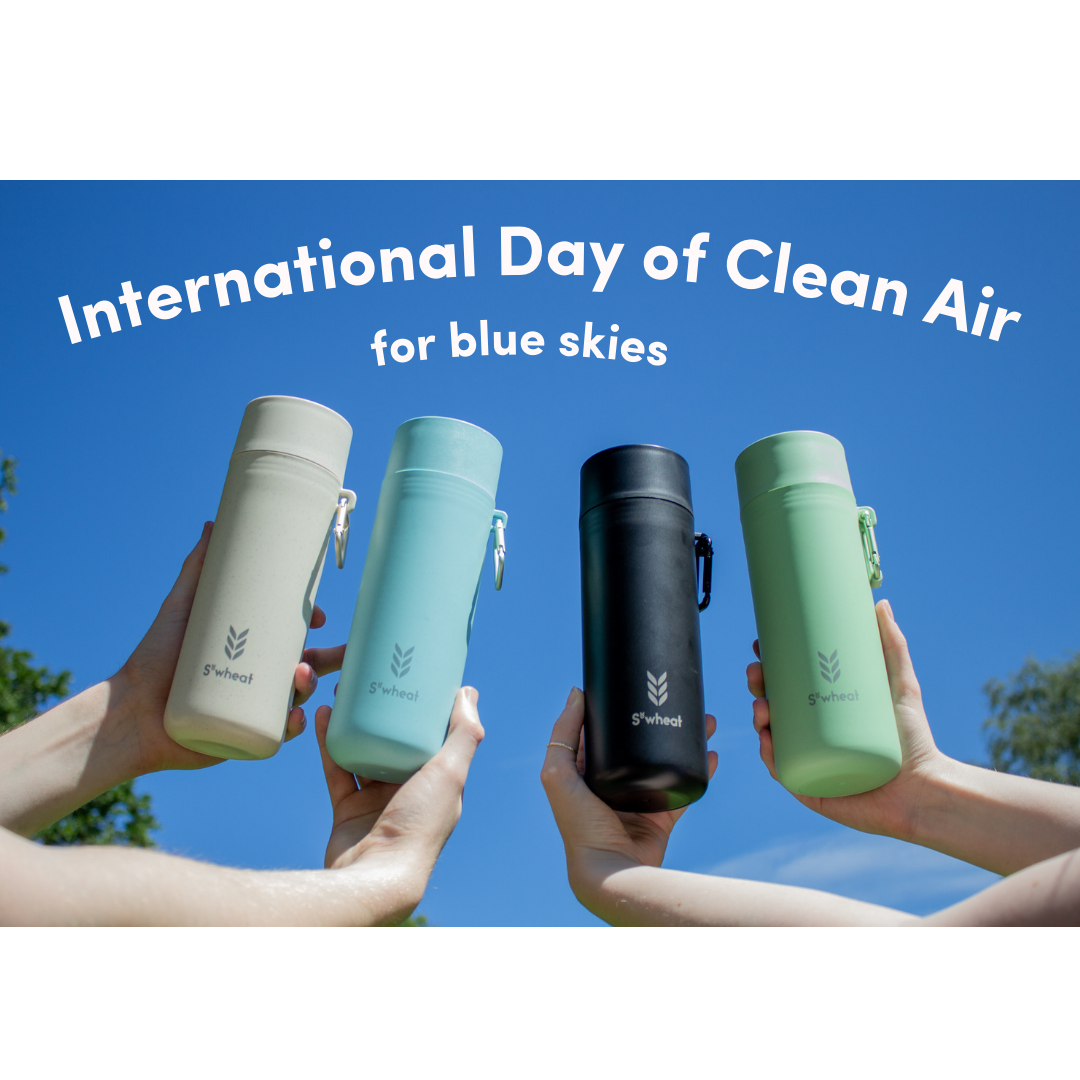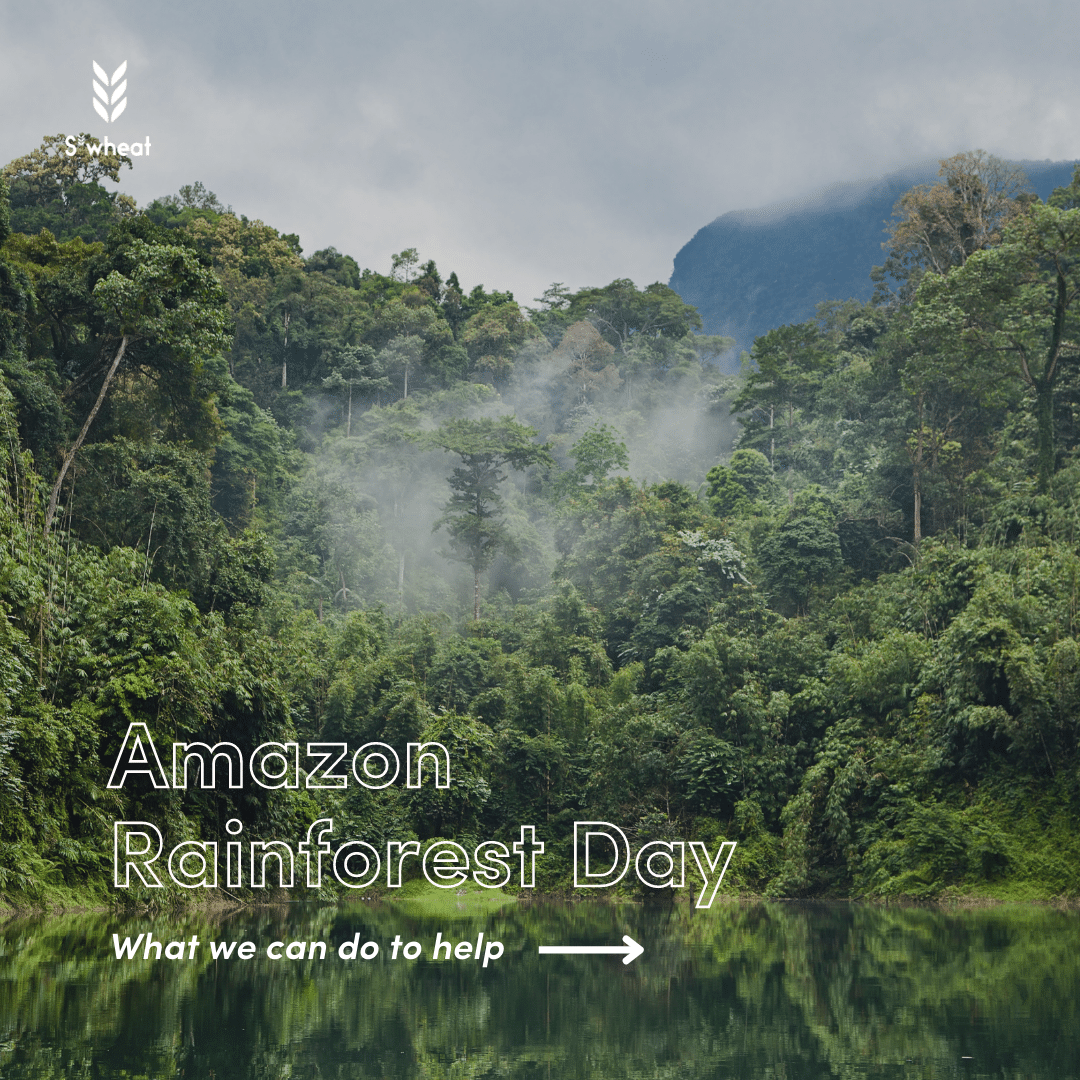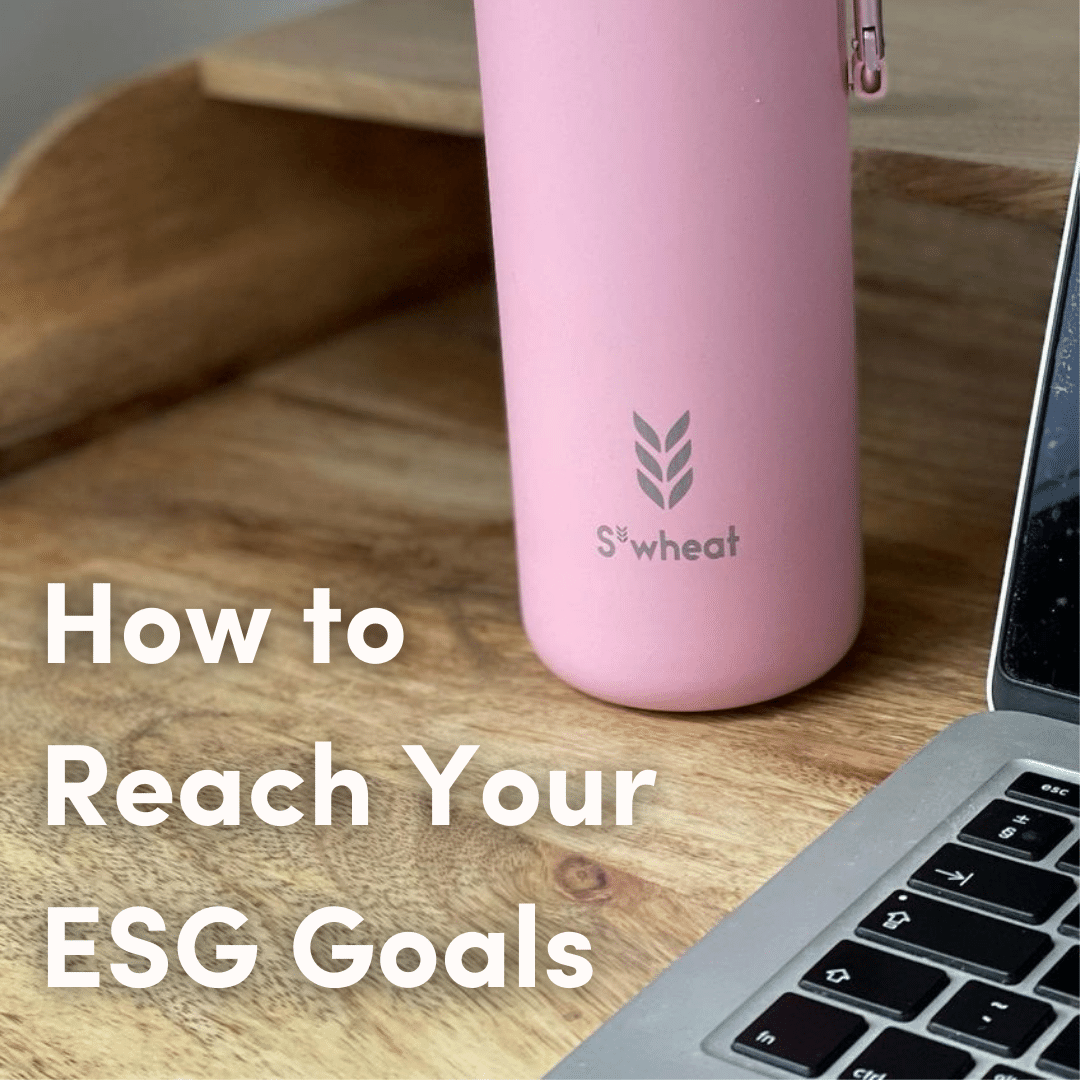The International Day of Clean Air falls on 7th September each year. This has been designated to stress the urgency of the worldwide issue of pollution. As far as environmental issues go, air pollution is one of the main contributors to disease mortality, killing around seven million people annually.
Unfortunately, this is not the only factor affected by pollution. The detrimental impact air pollution has on wildlife is certainly not helped by the acceleration of global warming, with more natural disasters occurring and exacerbating the issue at hand. With the UK reaching record breaking highs of 40 degrees during the recent heatwave, it is becoming impossible to disregard the effects of global warming. Low wind speeds during this summer has also not helped as the stiller air allows pollutants to collect because they aren’t being distributed. To first tackle this issue, we need to know what’s causing it.
What causes poor air quality?
Although there are natural sources of air pollution, such as wildfires and volcanoes, often these occur due to the increasing effects of climate change. Vegetation like pollen and mould spores also naturally release biogenic emissions, which are not inherently harmful, although can still contribute to natural disasters.
On the contrary, many causes of poor air quality are due to human activities. Any utilities that use coal, oil, or natural gases such as industrial manufacturing or fuel based transportation emit a startling amount of carbon and pollute the air. Even simply heating and powering our homes is increasing pollutants in the atmosphere, as well as chemicals used widely in agriculture such as the ammonia in fertilisers.
Health dangers
Ozone pollution has the ability to impair your immune system, leaving you all the more susceptible to developing an illness. It shouldn’t come as a surprise that pollutants in the air can cause numerous health problems. Lungs becoming contaminated with irritating particles in the air can lead to respiratory problems including generally milder issues like asthma or bronchitis, up to more serious concerns of cancers and COPD. Around one third of cases of heart disease and stroke can be attributed to being in a highly polluted area, and has even been linked to the onset of dementia.
Wildlife dangers
Unsurprisingly, wildlife can be affected in similar ways to humans. It has been found that some animal groups such as amphibians are affected in the same way, particularly experiencing a weaker immune system due to ozone pollution. Alongside an increased vulnerability to stress and disease, animals can experience a disrupted endocrine system which is responsible for keeping reproductive health regulated and functioning.
A lower rate of reproductive success can lead to a change in the size of a species’ population, and pollutants stored in the tissues of animals means they can be passed along the food chain, as well as affecting the numbers of those who rely on that animal for food. For example, nitrogen in the air prevents the growth of certain plants and fungi. This alters the pH levels in the water, creating an imbalance, which will cause a disruption in the functioning of fish, therefore the birds who eat them will experience a change in their food source, impeding the natural order of wildlife.
Environmental dangers
As we now know, animals aren’t the only part of our ecosystems negatively affected by air pollution. Environmental stresses such as acid rain that affect the soil and water can stunt the growth of plants as well as increasing the vulnerability to disease and pests, or ozone pollution can directly harm the structure of a plant. They can also be affected by pollution blocking sunlight.
When an abundance of natural fertilisers and carbon dioxide are present in water bodies, this often causes an excess of algae growth, resulting in eutrophication. This unsettles the ecosystems within, preventing sunlight from hitting the plants and animals below the surface and unsettling the balance of the pH levels in the water, which can lead to a depletion of oxygen.
Societal dangers
Due to the health risks associated with air pollution, healthcare costs can increase and depending on the location, put a strain either on the individual or on the healthcare system. Air pollution has also been linked with psychological issues like elevated anxiety levels, both from a physical standpoint and due to the environmental concerns associated. These mental and cognitive difficulties can lead to decreased work productivity, harming personal wellbeing, career development, and workplace funds.
It has been discovered that those living in lower income areas make up the majority of those affected by poor air quality. On top of living in more polluted areas, those who abide there are more likely to suffer from pre-existing conditions like respiratory issues due to indoor air pollution to psychological stress due to socioeconomic issues such as a lack of access to healthcare and a balanced diet.
The 17 Social Development Goals (SDGs)
In 2015, the United Nations created the Sustainable Development Goals to work towards a balance of social, economic, and environmental sustainability.
- End all poverty.
- Achieve food security and promote sustainable agriculture.
- Promote and ensure health and wellbeing.
- Ensure inclusive education and learning opportunities.
- Achieve gender equality.
- Ensure water and sanitation availability and sustainable management.
- Ensure affordable and sustainable energy.
- Ensure inclusive and sustainable work and economic growth.
- Promote inclusive, sustainable industrialisation and build resilient infrastructure.
- Reduce inequalities within countries.
- Ensure safe and sustainable cities and communities.
- Ensure responsible production and consumption.
- Take urgent climate action.
- Conserve our oceans and marine resources.
- Protect and restore ecosystems, sustainably manage forests and combat biodiversity loss.
- Provide access to justice and promote inclusive societies.
- Strengthen the global partnership for sustainable development and the means for implementation.
How can we make a difference?
Reduce emissions by cycling, using an electric vehicle, carpooling, or taking public transport. Road transport accounts for a fifth of global greenhouse gas emissions, and between growing, processing, and packaging food, this process makes up a third of global emissions.
Reduce meat and dairy to minimise emissions. Animal agriculture is the second largest contributor to greenhouse gas emissions worldwide after fossil fuels, so cutting your intake can make a huge difference
Shop locally to avoid unnecessary emissions from farm to factory to supermarket to home. Taking a walk to buy local produce will remove the need for avoidable carbon emissions as well as reducing plastic packaging.
Avoid plastic waste to save our oceans. 70% of the earth's oxygen is produced by the ocean, so we can’t afford to let our oceans fill up with plastic waste and kill our sea life. Plastic also uses up a lot of energy to manufacture and recycle.
Conserve energy by staying mindful of any electricity and water usage. This is another reason to increase plant-based foods in your diet as raising livestock and producing processed foods use up a massive amount of water and energy.
Recycle and compost any leftover food or materials that you can. This can reduce your waste whilst giving back to the environment.
Garden and plant trees to reintroduce more clean air. This can also be a chance to use up your compost and grow your own food!
Why not grab a plant-based S’wheat reusable bottle for you and your friends? With each bottle we sell, we will plant a trackable native in your name and provide a link to interesting stats and facts about your tree!




Leave a comment
All comments are moderated before being published.
This site is protected by hCaptcha and the hCaptcha Privacy Policy and Terms of Service apply.